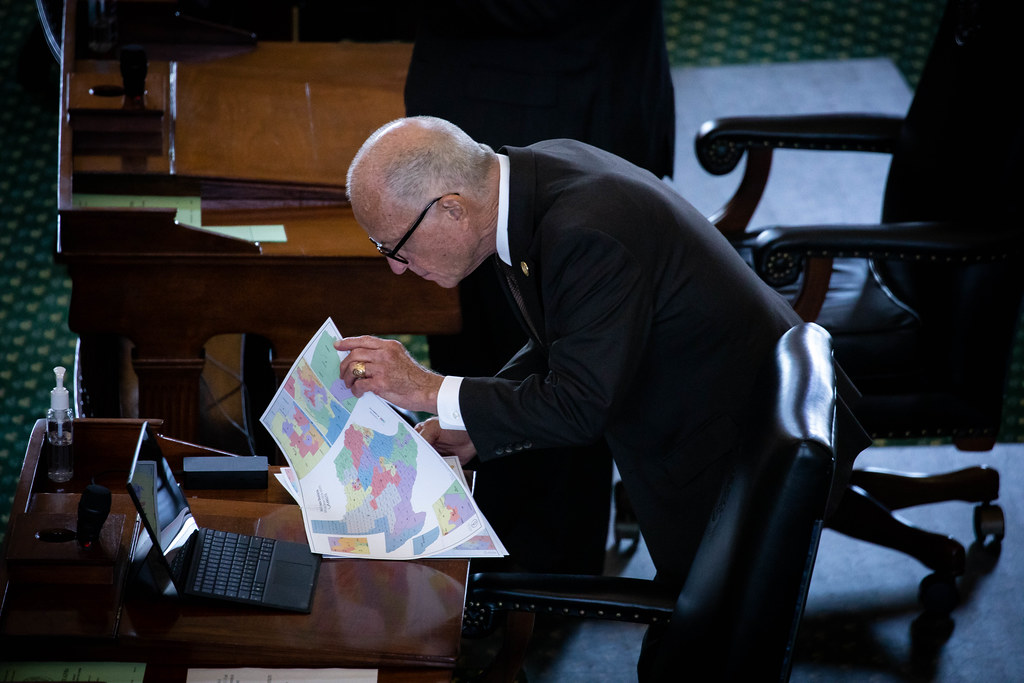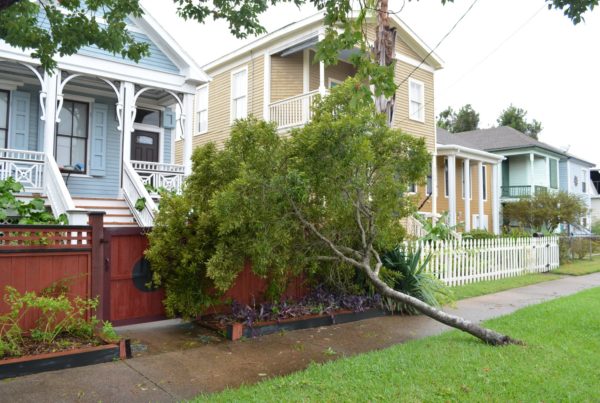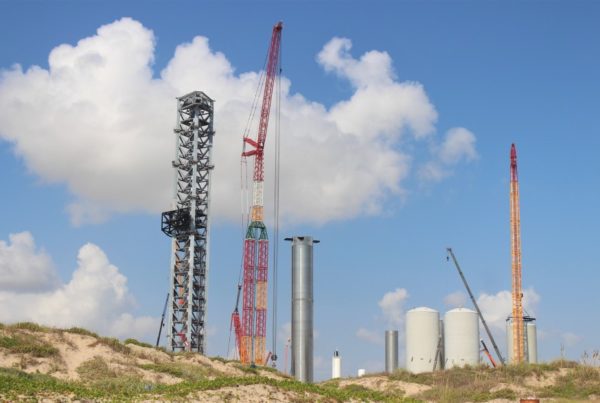Texas lawmakers have provided a first glimpse at proposed congressional district maps. For the first time in decades, those maps won’t require federal approval before becoming official.
The maps were highly anticipated by Texans curious about the future of state politics. But political observers across the country have also been waiting, in part, because Texas gained two seats in the U.S. House of Representatives after the last census count. The new districts will help determine who ends up filling those seats.
Listen to the interview with Abby Livingston, Washington Bureau Chief for The Texas Tribune, in the audio player above, or read the transcript below, to learn about how Texas lawmakers and others are responding to the first drafts of these maps.
This transcript has been edited lightly for clarity:
Texas Standard: Five states are gaining a House seat, Texas is gaining two. Let’s start with those two new Texas House seats: what did the proposed maps reveal?
Abby Livingston: It looks like they’re going to split between the parties. One is sort of an arc of history: About 18 years ago, Republican mapmakers sought to dismantle Austin and dilute the liberal vote there. And that began to backfire against them at the end of this past decade in that those even potent slivers of Austin were posing a threat to some of these Republicans. And so there is now a central Austin district that somewhat resembles what Congressman Lloyd Doggett used to represent before they dismantled it, and as Austinites of the old school will call it, the JJ Pickle District. And then the other district is in northwest Houston, and that will most likely go to a Republican.
What are Democrats saying about these first drafts?
Well, there’s clear unhappiness about the fact that the population growth has been fueled in one direction and Republicans did not appear to reflect that in their drawing. But on the flip side, there is enormous relief; I can’t even underscore that enough in Washington. And that is because the question before Republicans for the next decade was, did they want to come through Texas and really gerrymander things in a way that could help them pick up many more seats? Or do they want to play it safe and do everything they can to bolster Republican incumbents so that they don’t end up in a situation like 2018, 2020, where Democrats were challenging, all over the state, Republican seats. Additionally, two Democratic incumbents, Collin Allred of Dallas and Lizzie Pannill Fletcher of Houston, they basically got good districts for themselves. They’re very electable in these districts, and they will never have a difficult general election campaign in these places. But they could have primary campaigns. So it’s a strange mixture of anger and relief.
Politico noted those new, deep-blue districts in Austin, Dallas and Houston, but said this reflects a realization that the Texas GOP has nearly maxed out its gains in Texas. Is that how you read it?
I think the read I got at the end of last week was there were some skittish incumbents. And the way the maps work – this is de facto; this is not the law – but the Texas Republican delegation effectively approves the map and then sends the signal to the Legislature [that] they’re good with it. And the incumbents were happy with this. And so, what I took from it was it’s a fairly existential fear because they want to shore up their own seats and get reelected. And they didn’t go for the aggressive move of going for the majority. And as everyone knows, being in the majority is a lot more fun in Washington than being in the minority. So I think there are complaints all around; they’re very valid, but it could have been a lot worse for Democrats.
Typically, we’ve seen fights over these maps. What does that tell you about the future of this first draft?
I think this is very likely to become law. I think that they saw avenues to avoid litigation. None of these incumbents on the Republican side, but on the Democratic side, too, wants a delayed primary because that extension of time, if the primaries move from March to, say, May, that gives challengers more time to launch challenges to incumbents. So I anticipate this map will become law. And even though it sort of dropped spontaneously, my reporting was that this has been in the works for a very long time.
Do you expect legal challenges to the maps?
I think that will likely be inevitable, and that happens every time in Texas, and we’re used to it. I think Republicans have stronger legal ground in the past because of what you discussed: the gutting of the Voting Rights Act. So I think the central question going forward is, does this map stand, and two, what does this do to affect the primary date?













